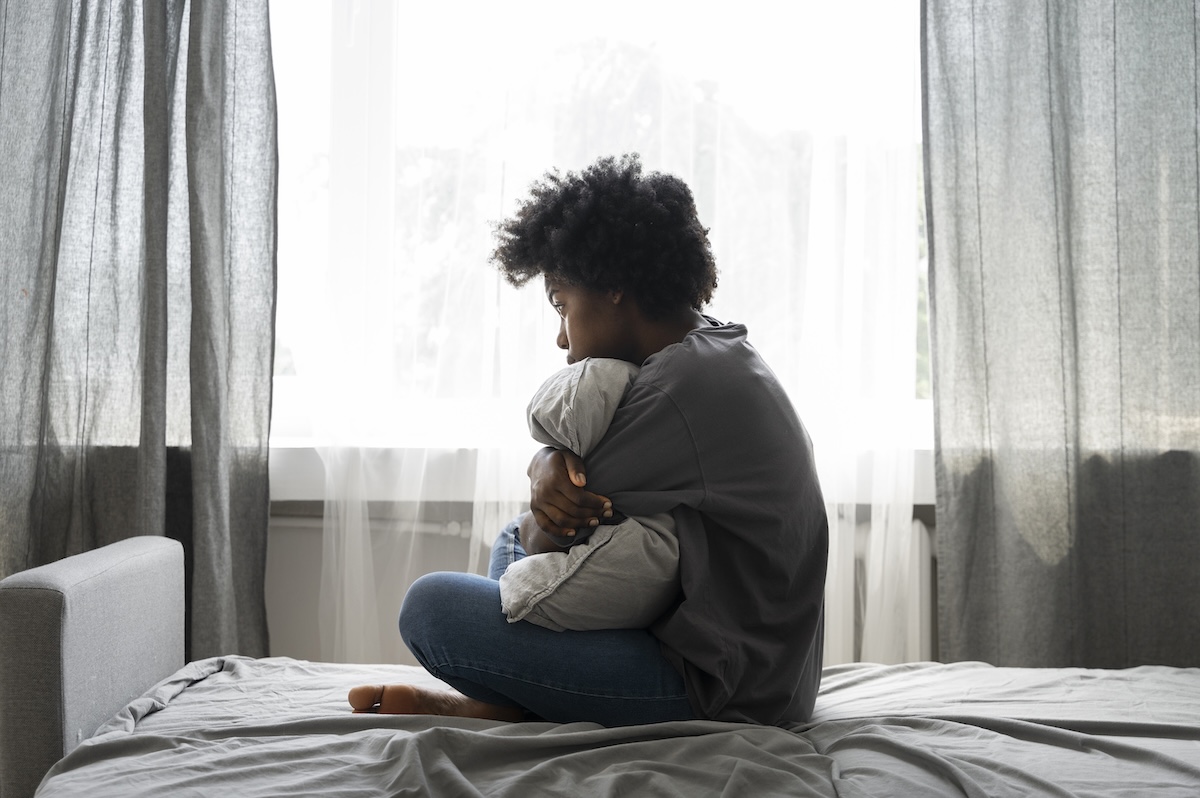Depression is more than just feeling down or having a bad day. It’s a real medical condition that affects the way people think, feel, and live their daily lives. When someone has depression, they may feel sad, tired, or empty for a long time—and it doesn’t just go away with time or rest.

Many people deal with depression at some point in their lives. It can make everyday tasks like going to work, spending time with friends, or even getting out of bed feel overwhelming. But the good news is that depression can be treated, and with the right support, people often feel much better.
What Can Cause Depression?
Depression doesn’t have just one cause. Often, it’s a mix of different things happening in someone’s life and body. Sometimes, people have a family history of depression, which may increase their chances of developing it. Other times, it starts after a stressful event like the loss of a loved one, losing a job, or going through a divorce.
Depression can also be linked to changes in the brain. Certain brain chemicals that help control mood may not be working as they should. Physical health problems, such as chronic pain or illness, can also play a role. And in some cases, no specific reason can be found—depression just happens.
Different Types of Depression
Not all depression looks the same. Some people feel deeply sad for weeks, while others feel more numb or disconnected. Here are some of the common types:
-
Major depressive disorder involves symptoms that last at least two weeks and can severely affect your life.
-
Persistent depressive disorder, also known as dysthymia, causes longer-lasting symptoms that are often milder but continue for two years or more.
-
Seasonal affective disorder (SAD) usually appears during the fall and winter months, when there is less sunlight.
-
Postpartum depression can happen after childbirth and is different from the “baby blues.”
-
Situational depression develops after a big life change or stressful event, like losing a job or going through a breakup.
-
Bipolar depression is part of bipolar disorder, where someone swings between depression and high-energy mood (mania or hypomania).
Each type may need a slightly different treatment approach, so knowing the type can help guide care.
Symptoms to Watch For
Depression can feel different for everyone, but there are some symptoms that often appear. These include:
-
Feeling sad, hopeless, or empty most of the day
-
Losing interest in things you used to enjoy
-
Sleeping too much or too little
-
Eating more or less than usual, leading to weight changes
-
Feeling tired all the time, even after rest
-
Having trouble concentrating or making decisions
-
Feeling worthless or guilty
-
Moving or speaking more slowly, or feeling very restless
-
Thinking about death or suicide
You don’t have to have all these symptoms to be depressed. But if you or someone you know has several of them for more than two weeks, it’s a good idea to talk to a doctor or mental health provider.
How Is Depression Diagnosed?
Doctors diagnose depression by asking questions about how you feel, how long the symptoms have been around, and how they affect your daily life. You might fill out a questionnaire to help them understand your mood, energy, sleep, and more.
They may also ask about your personal and family medical history. Sometimes, they’ll do blood tests to rule out other problems that can cause similar symptoms, like thyroid issues or vitamin deficiencies.
There’s no single test for depression. Instead, doctors look at the whole picture to make a diagnosis and recommend the best treatment plan.
Ways to Treat Depression
Depression can be treated in several ways. The most effective approach is usually a mix of treatment options that work best for each person. These might include:
-
Medication: Antidepressants can help balance brain chemicals and improve mood. It may take a few weeks to feel the full effect, and sometimes the dose or type needs to be adjusted.
-
Talk therapy: Seeing a therapist or counselor can help you understand your feelings and develop healthy coping skills. Cognitive behavioral therapy (CBT) is one of the most common and effective forms.
-
Lifestyle changes: Regular exercise, healthy meals, and good sleep habits can all support mental health. Even small changes, like going for a walk or limiting caffeine, can make a difference.
-
Support systems: Talking to friends, joining support groups, or getting help from family can give emotional comfort and reduce loneliness.
-
Alternative treatments: Some people find relief from things like meditation, acupuncture, or light therapy (especially for seasonal depression).
-
Advanced options: In more severe cases, treatments like electroconvulsive therapy (ECT) or transcranial magnetic stimulation (TMS) may be recommended by a doctor.
Treatment takes time, and not everything works right away. But with patience and the right help, most people with depression start to feel better.
Living With Depression
Living with depression can be hard, but it’s possible to manage it and still enjoy life. One of the most important steps is to reach out for help. Whether it’s a therapist, doctor, or trusted friend, you don’t have to go through this alone.
Some days may feel harder than others. On those days, small accomplishments—like getting dressed, eating breakfast, or going outside—can be victories worth celebrating.
Keeping a daily routine, limiting stress when possible, and sticking with your treatment plan can help you stay on track. Depression may be part of your life right now, but it doesn’t define who you are. With support, things can and do get better.

